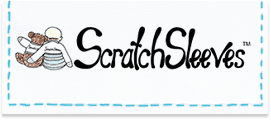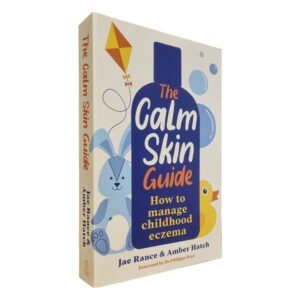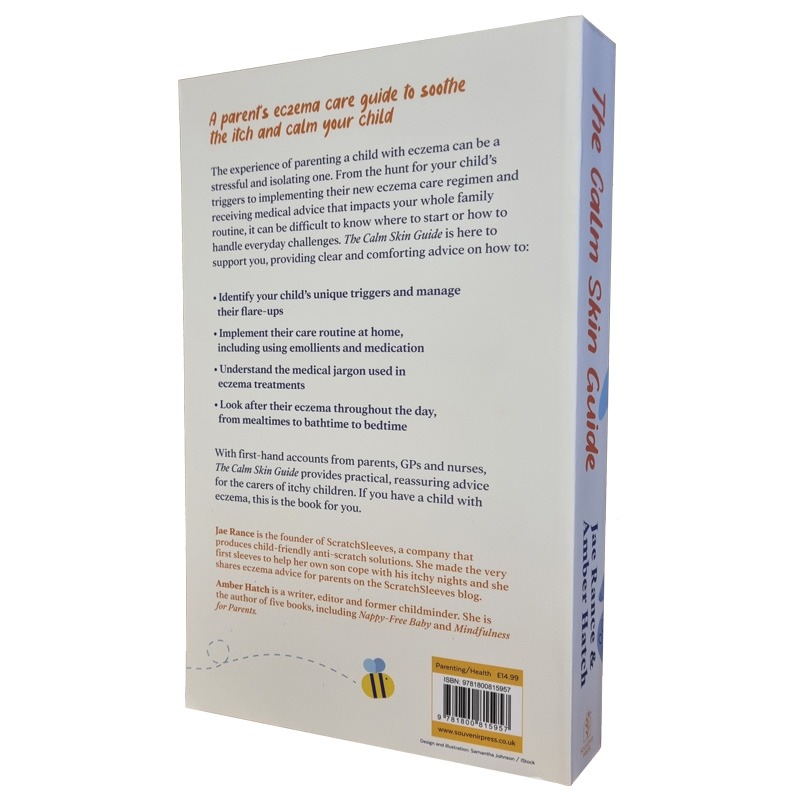9 Skincare ingredients to avoid if your child has eczema

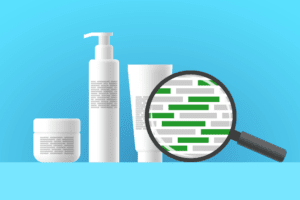

When your children are constantly itching because of eczema, you’ll very quickly become an expert on all the various products that claim to calm the skin. I have a science background and, even then, I have found the list of chemicals found in some of today’s most popular products challenging!
Having raised two children who suffered seriously from eczema, I can safely say there is barely a product on the market which hasn’t been thoroughly researched, tried and tested by our family. I know only too well how distressing it can be to apply a product in good faith, only to find it serves only to inflame the skin. We now have a fair comprehensive list of skincare ingredients to avoid.
It took a few years for us to learn to be cautious of products that market themselves as ‘mild’ or ‘gentle’. They can still contain ingredients that may aggravate childhood eczema. That’s why we thought it would be helpful to write an article highlighting the main ingredients to watch out for. We hope this will help you work out which products you can use on your baby’s skin.
Note: While this article focuses on skincare products. Make sure you also look out for these ingredients in all your toiletries including soaps, wet wipes, shampoos, and toothpaste.
Which skincare ingredients to avoid if your child has eczema?
1) Fragrances
Fragrances are often added to products. This is not just to make them smell better but also to hide the odour of other ingredients. However, many fragrances are known to be highly allergenic, so they must be labelled according to European cosmetic regulation.
When you’re shopping for toiletries for your eczema baby, choose products that are completely fragrance-free to avoid triggering a contact allergy or further irritating their sensitive skin.
2) Essential oils
It’s not only synthetic fragrances you need to look out for when your little one has eczema. According to the National Eczema Association and Jeff Yu, MD, a dermatologist specialising in allergic contact dermatitis and occupational dermatitis in adults and children at Massachusetts General Hospital in Boston, natural fragrances and essential oils are just as likely to cause allergic contact reactions as synthetic ones.
While you may have heard miracle stories about the use of essential oils, we recommend treating them with caution. This includes any products containing them. The manufacture of these essential oils is unregulated. This means their purity cannot be guaranteed so there’s always a chance they may contain unlisted ingredients. Plus, if used incorrectly, they also come with a range of risks from allergic rashes and eczema flare-ups to blisters and even chemical burns.
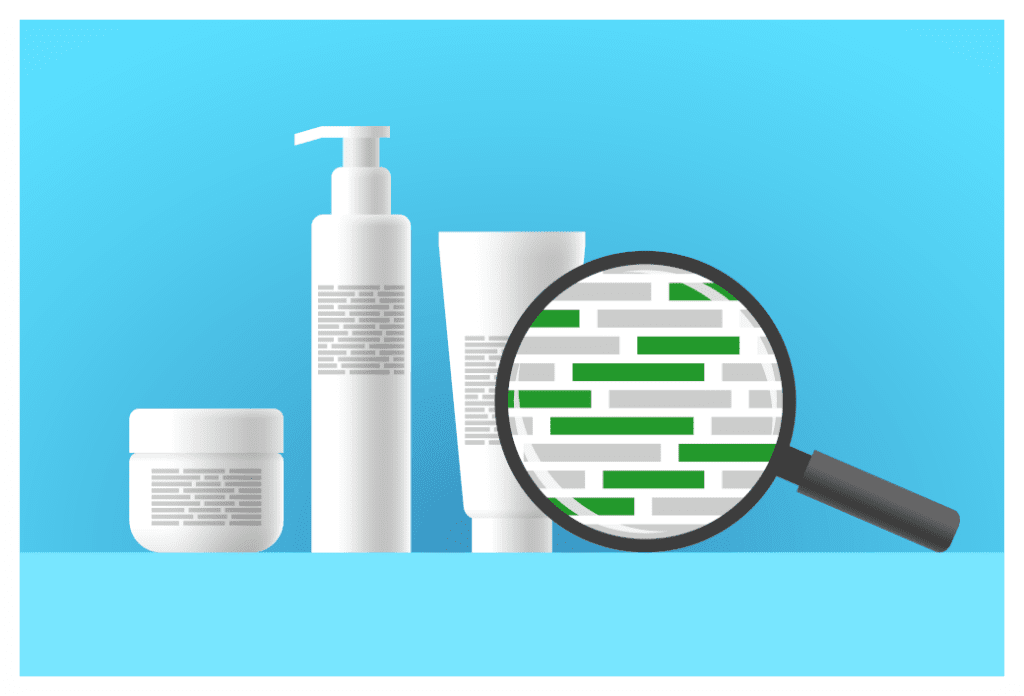
3) Urea
In certain instances, urea can be a great ingredient in skincare products. It can help to soften rough or dry skin caused by eczema, psoriasis, and keratosis. However, it can also really sting when you first apply it, increasing your baby’s discomfort.
We recommend avoiding urea completely in products for babies and young children. Consult a dermatologist or GP before using it on older children.
4) Lanolin
Lanolin is another ingredient that is generally recommended for eczema sufferers. It is derived from sheep’s wool and is a great natural emollient.
However, Lanolin is also known to cause allergic reactions in some eczema sufferers, aggravating the flare-up rather than calming the itch.
5) Cocamidopropyl Betaine
Cocamidopropyl betaine is a foaming agent commonly found in hair and bath products for children. This is the the ‘no tears’ ingredient in shampoo and body wash. This means certain brands market their products as ‘gentle’ and ‘mild’. The marketing hype isn’t referring to possible skin problem but to possible eye irritation.
It’s important to watch out for cocamidopropyl betaine since it’s a known irritant for eczema sufferers – both adults and children.
6) Propylene Glycol
Propylene glycol is another ingredient that is helpful to some and harmful to others. It is often found in moisturisers, topical steroid creams, anti-inflammatory medications, and liquid antihistamines. All of can be used to treat eczema.
However, for some eczema sufferers, it has the opposite effect, causing allergic reactions. So, it’s advisable to avoid propylene glycol in skincare products for itchy babies to minimise the risk of further irritation.
7) Ethanol (alcohol)
Although there are certain ‘fatty alcohols,’ such as cetyl alcohol, that may be well-tolerated by normal skin, we advise avoiding ethanol and other alcohols in your baby’s skincare routine. Not only may ethanol sting and burn when applied to an already sensitive area, but it is known to be incredibly drying, causing a weakened epidermal barrier, which can lead to inflammation and increase itching.
Plus, ethanol increases the penetration ability of other skincare ingredients, which can be harmful, especially for little ones. If you can opt for soap and water rather than a santizers, as these are at least 60% alcohol.
8) Parabens
Parabens are one of the most common preservatives in the cosmetic industry because they are classed as one of the least reactive.
However, while parabens rarely cause a problem on normal skin, they are a known trigger for allergic dermatitis when used on wounds or eczema, especially in children. Parabens were our son’s nemesis and triggered his worst eczema flares.
9) MCI/CI
Another preservative to avoid is methylchloroisothiazolinone (MCI). MCI is often used in water-based cosmetics and rinse-off products despite being a proven chemical allergen and skin irritant.
According to a patch testing study from 2016 by the Department of Dermatology, Cleveland Clinic, Ohio, the rate of contact allergy from exposure to MCI stands at about 8%, so it’s worth avoiding when you’re seeking to protect your little ones from further flare-ups.
Final advice
Whilst it may seem like you need a degree in chemistry to truly figure out what’s good for your baby’s eczema skin, our final piece of advice is actually very simple: always be wary if there is a long list of ingredients or if water/aqua is listed at the top of the ingredients list.
A high level of water coupled with a broad range of other chemicals can be a sign that there are added preservatives to prolong shelf life. In the world of eczema products, the saying ‘the simpler, the better’ often does ring true.
A great skincare routine is just one way to tackle your baby’s eczema. You can also help to ease their suffering with our unique range of stay-on scratch mitts and PJs for babies, toddlers, and children to help eliminate itching. We now stock sizes from 0-adult in a range of colours. Click here to shop now.
The Calm Skin Guide
Love our blog? It's also available in book format with:
- First hand accounts from parents & medical professionals
- Easy navigation
- Comprehensive index
- Additional material
Signed copies available at no extra cost
Written by:
Reviewed by:
Interesting article? Don't keep it to yourself...
Read next...
You may also find helpful...
Quick buy


Multi Buy Discount

Spend between £30 - £60 and save 5%
Spend between £60 - £120 and save 10%
Spend over £120 and save 15%
Discount automatically applied at checkout
No Quibbles Guarantee
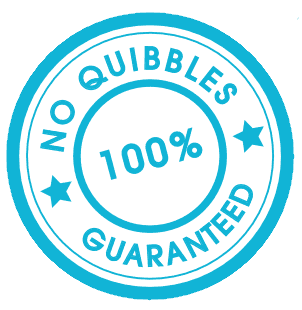
ScratchSleeves abide by a no quibbles guarantee.
Free UK Postage

Free packing and postage on all UK orders. For overseas orders to Europe postage is from £3.50, to USA is £6.50 and to the rest of the world, from £3.75.

